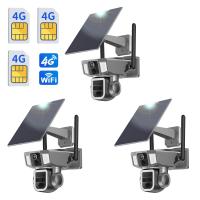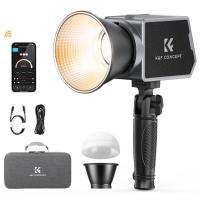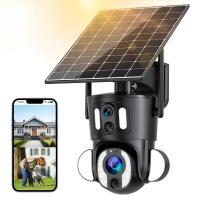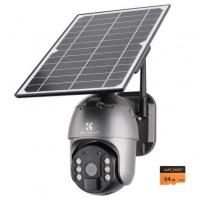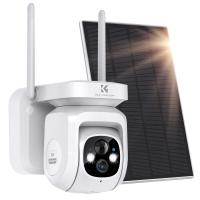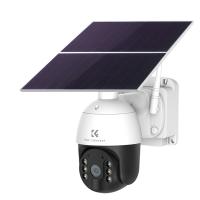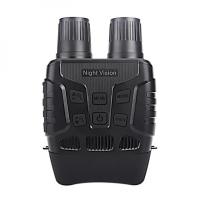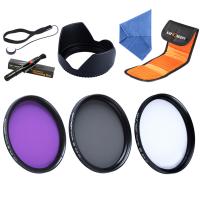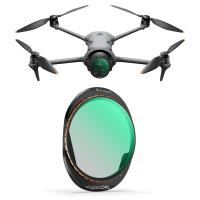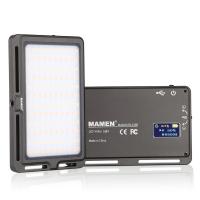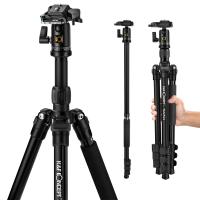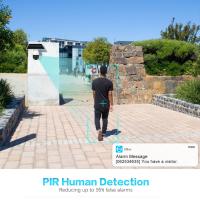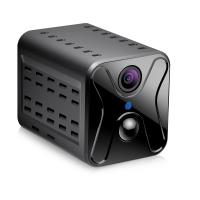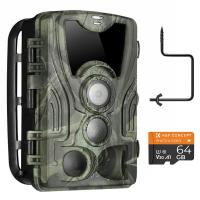How Many Surveillance Cameras In The Uk?
The proliferation of surveillance cameras has become one of the defining features of modern societies, and the United Kingdom is no exception. In fact, the UK is often cited as one of the most heavily surveilled nations in the world. Whether you’re walking down a high street, catching a train, or arriving at your workplace, the presence of surveillance cameras is an inescapable aspect of daily life. But how many surveillance cameras are there in the UK? And what does this vast network of surveillance mean for the average citizen? Let’s delve into these questions and explore this intricate topic comprehensively.
The Scale of Surveillance
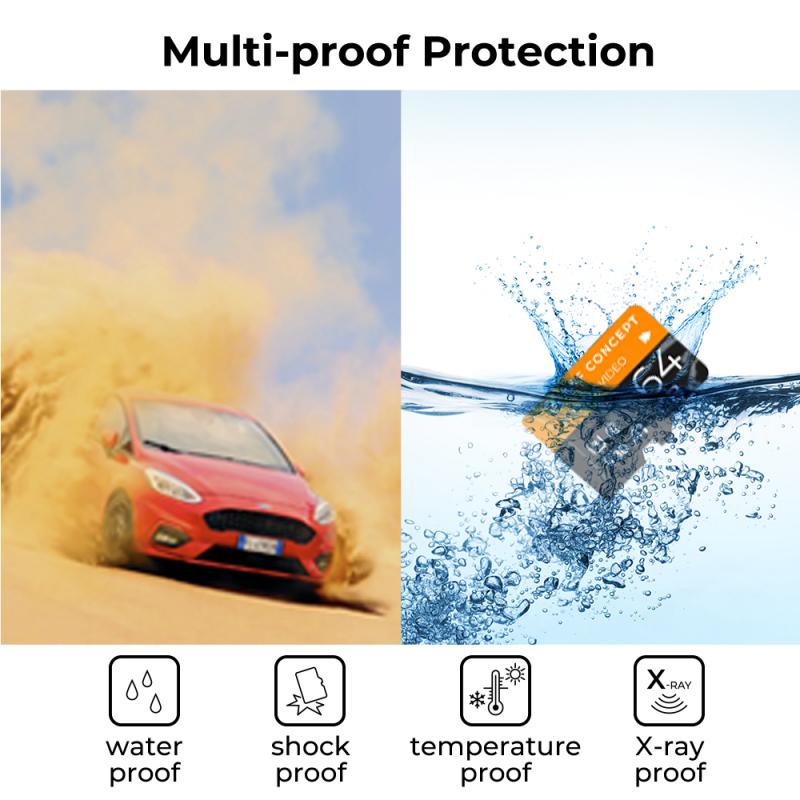
The exact number of surveillance cameras in the UK can be challenging to pinpoint, but estimates provide a general sense of scale. Recent data suggests that there are approximately 5.2 million surveillance cameras in operation across the UK. This figure accounts for both publicly monitored cameras, such as those operated by local councils and law enforcement, and privately owned cameras, which include business security systems and home setups.
For context, this number translates to about one camera for every 13 people in the country. A significant portion of these cameras—estimated to be around 96%—are privately operated. This covers everything from CCTV systems in retail shops, banks, and restaurants to the growing trend of homeowners installing doorbell cameras and backyard surveillance systems.
The remaining 4% of cameras fall under public systems, such as those operated by local councils or the police. These government-regulated cameras are often placed in high-traffic public areas, transportation hubs, and city centers to ensure safety, deter criminal activity, and monitor traffic flow.
Why Are There So Many Cameras in the UK?
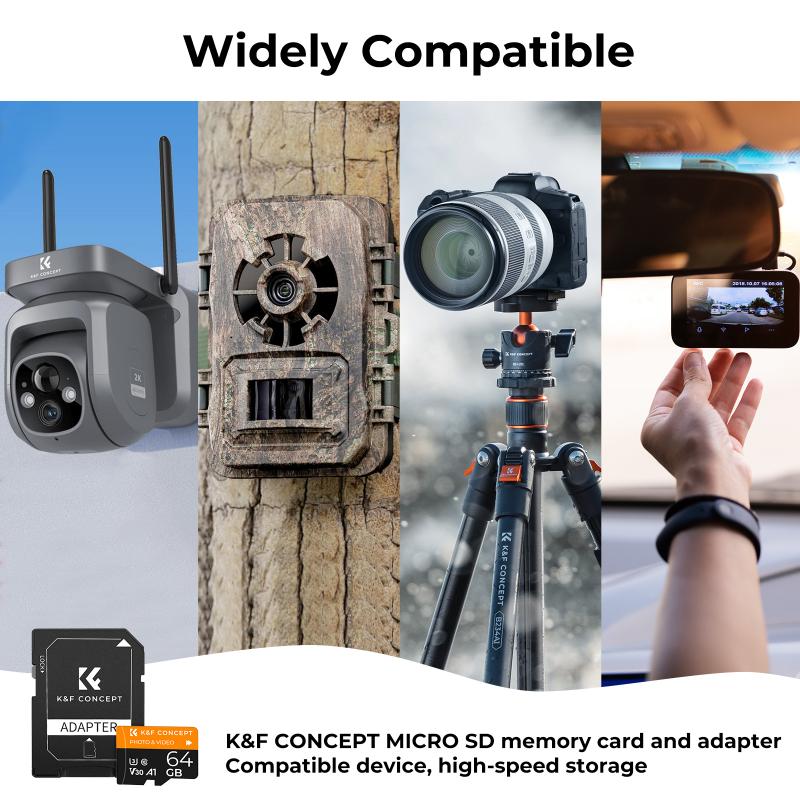
To understand this vast number of surveillance cameras, one must examine the driving forces behind such widespread implementation:
1. Crime Prevention and Public Safety
One of the primary reasons for the extensive use of surveillance cameras is crime prevention. In densely populated urban centers like London, Manchester, and Birmingham, cameras play a critical role in deterring criminal activities, aiding investigations, and providing evidence in court proceedings. According to various studies, surveillance systems can help reduce opportunistic crimes, such as vandalism, shoplifting, and vehicle break-ins.
2. Counter-Terrorism Measures
The UK has experienced significant terrorist events in recent decades, leading to heightened security measures. Surveillance plays a key role in identifying suspicious activities in high-risk areas such as airports, train stations, and tourist attractions. The vast network of cameras allows security forces to track movements, identify suspects, and respond to potential threats in real-time.
3. Technological Advancements
The falling cost of cameras and advancements in digital technology have made surveillance more accessible than ever. High-resolution systems, smart motion detection, and cloud-based storage options have encouraged both businesses and individuals to invest in surveillance solutions, further contributing to the growth of the network.
4. Traffic Management
Beyond crime and security, a significant number of cameras are used for managing traffic flow and enforcing regulations. From monitoring congestion zones in city centers to catching traffic violations, such as speeding and illegal parking, cameras have become essential tools for urban management and planning.
5. Cultural and Historical Context
The UK’s acceptance of surveillance is arguably rooted in its history. The country has long valued public order and safety, and surveillance technologies have been gradually normalized over decades. Culturally, there seems to be a higher acceptance in the UK of trading some amount of privacy for security compared to other nations.
Balancing Benefits with Concerns
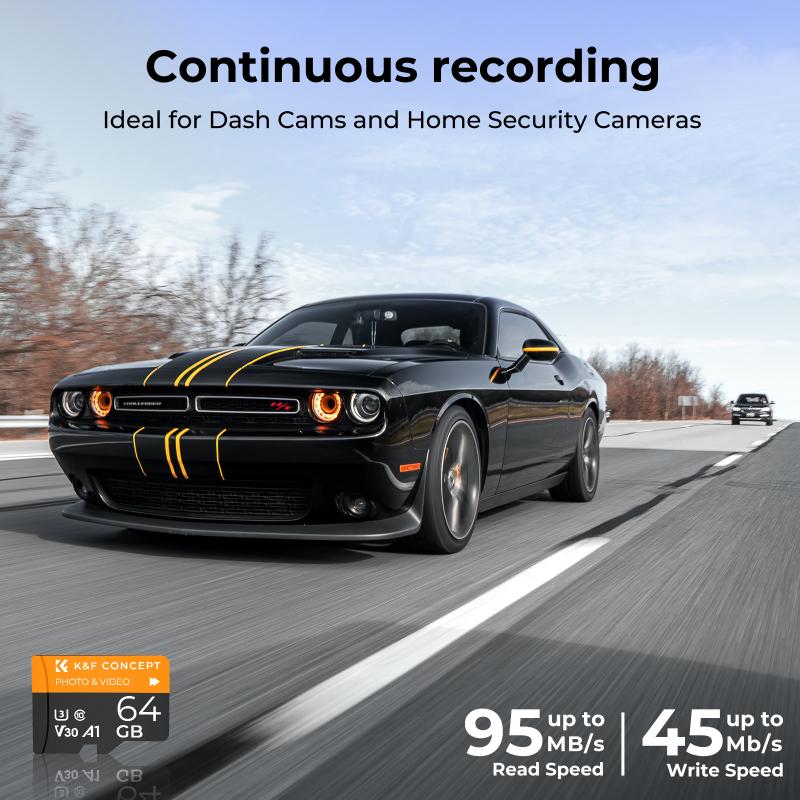
While the extensive camera network undoubtedly offers benefits, it also raises ethical, legal, and societal concerns. The presence of millions of cameras is not without its critics, who argue that such widespread surveillance can infringe on people’s privacy, freedoms, and trust in governance.
1. Privacy Concerns
The most significant criticism stems from the erosion of personal privacy. Critics argue that the omnipresence of cameras creates a “surveillance state” where citizens are constantly monitored, reducing their sense of autonomy and privacy. Even in private settings, such as gated communities or residential neighborhoods, residents may feel uneasy being watched by neighbors' security setups.
2. Data Security and Misuse
With millions of cameras accumulating significant amounts of data every day, the risk of misuse or hacking cannot be overlooked. If poorly managed, sensitive footage could be accessed by unauthorized parties, leading to potential data breaches, blackmail, or other forms of misuse.
3. False Sense of Security
Another criticism is that the mere presence of surveillance cameras doesn’t necessarily equate to greater security. If not paired with active monitoring and swift intervention, cameras may only serve as passive deterrents. Furthermore, criminals can adopt countermeasures such as disguises or targeting areas without cameras.
4. Over-Reliance on Technology
Critics warn against an over-reliance on surveillance technology to address social issues. For example, cameras alone cannot solve the root causes of crime, such as poverty, inequality, or lack of education. Solely relying on cameras may create a false sense of safety while neglecting more holistic solutions.
Governance and Regulation of Surveillance
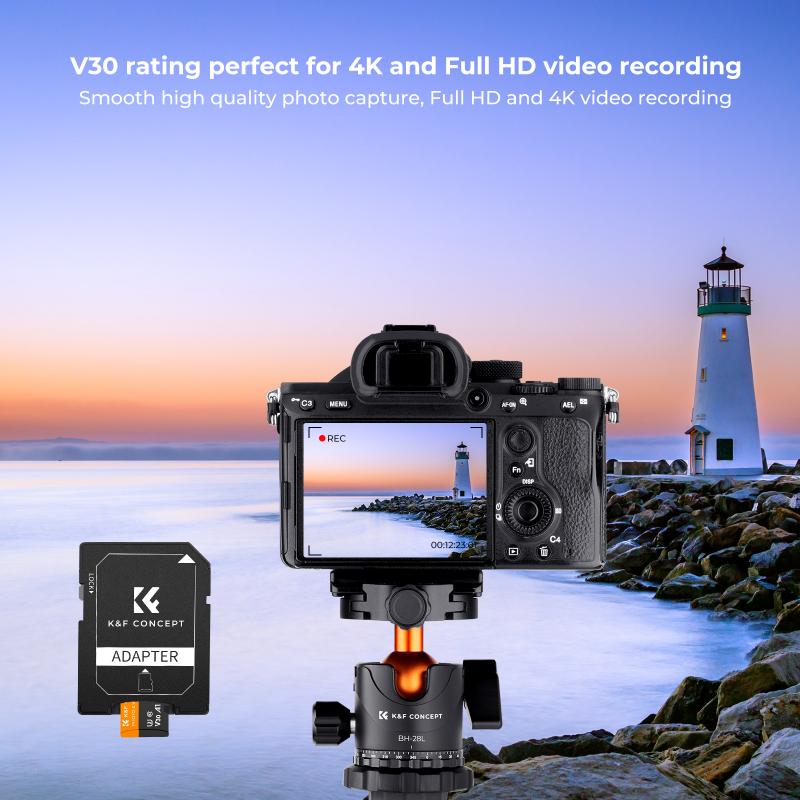
In the UK, the use of surveillance cameras—whether public or private—is governed by strict regulations to ensure accountability and data protection. The Data Protection Act 2018 and the UK General Data Protection Regulation (UK GDPR) outline the legal framework for handling surveillance data, dictating how footage can be stored, accessed, and shared.
Public camera systems, like those managed by councils or the police, must comply with codes of practice established by the Surveillance Camera Commissioner (SCC). This ensures that public systems are operated responsibly and proportionately, with adequate justification for their placement.
Future Trends in Surveillance
The future of surveillance in the UK will likely see advancements in artificial intelligence (AI) and machine learning. Emerging technologies, like facial recognition software and predictive analytics, are set to make surveillance cameras even more powerful. These tools have the potential to identify individuals, analyze crowd behavior, and flag unusual activities faster than ever before. However, their adoption is met with controversies, as they deepen concerns around privacy, misidentification, and potential biases in AI systems.
Additionally, the rise of smart cities may lead to even greater integration of surveillance within urban environments. Cameras could increasingly interface with other technologies, such as sensors, drones, and automated systems, to create an interconnected web of public safety measures.
Practical Advice for Citizens
For individuals living in this era of mass surveillance, the key is to strike a balance between leveraging the benefits of security and safeguarding personal privacy. Here’s how:
1. Understand Your Rights
Familiarize yourself with privacy laws and regulations related to surveillance. If you believe your privacy is being unlawfully violated, you have the right to file complaints with relevant authorities.
2. Be Mindful of Sharing Footage
If you own a private security camera, ensure you comply with privacy regulations. For example, avoid directing your camera toward neighbors’ properties or public spaces unless absolutely necessary.
3. Adopt Personal Security Measures
While cameras may help deter crime, they’re not a substitute for other security measures. Consider using robust locks, alarms, or neighborhood watch programs as part of a comprehensive safety strategy.
4. Stay Informed on New Technologies
As AI and other surveillance technologies develop, be aware of how they might impact your daily life. Advocacy for ethical technology use and accountability will become increasingly important moving forward.
Final Thoughts
The UK’s network of surveillance cameras is undeniably vast, making it one of the most monitored nations in the world. While these cameras provide reassurance in terms of safety and security, they also spark complex debates around privacy and civil liberties. As technology evolves and societal demands shift, striking the right balance between surveillance and privacy will remain a key challenge for policymakers, businesses, and individuals alike.
The question, however, is not just how many cameras the UK has, but how society can ensure their responsible and ethical use. By fostering transparency, enhancing security measures for data, and protecting citizens' privacy rights, the UK can continue to leverage the benefits of surveillance without compromising its democratic principles.




